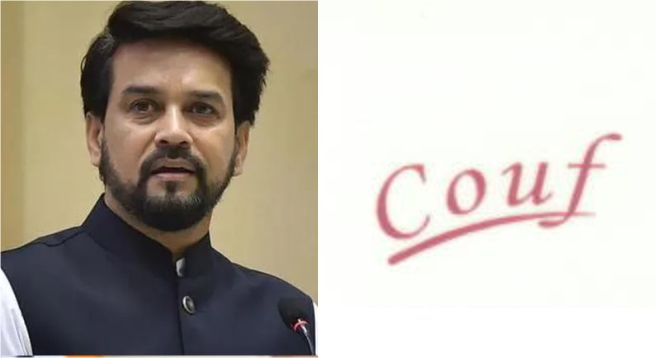The Cable Operators United Front (COUF), a representative body of the local cable operators, has urged the Indian government to ‘stop implementation’ of regulator TRAI’s new tariff regime or NTO 2.0 and revisit the regulations altogether, including exploring putting a uniform price caps on all TV channels, as it could lead to ‘one million’ job losses.
In a letter to Minister for Information and Broadcasting Anurag Thakur on Thursday COUF exhorted the government to “stop implementation of NTO2 in its current form and to revisit and relook” the provisions vis-à-vis the practicality of the implementation of this framework” in view of the new TV channel prices recently unveiled by the broadcasters.
The letter, a copy of which has been forwarded to the Prime Minister’s Office also, stated: “We request the Hon’ble Ministry…to put a cap on all the channel prices for the overall benefit of the subscribers as the rise in driver channel prices by broadcasters has defeated the very purpose of the regulation.
“It is requested that the RIOs which are published by the broadcasters should be amended and prices of the driver channel should be kept below of Rs. 12.”
Interestingly, the LCOs’ body has also blamed the OTT platforms and pubcaster Doordarshan’s FTA DTH service FreeDish for the falling revenues of cable operators.
“Cable TV has been continuously losing subscribers for the last few years… now the subscriber base is shifting to OTT platforms or towards Free Dish, where OTT platforms are unregulated, which is proving to be disastrous for the cable operators.
“Hence, we request your kind office (MIB Minister) to take immediate steps to regulate the OTT platform(s), including price capping as in the case of cable TV, besides issuing instructions to broadcasters to stop providing ‘pay’ channels to DD Free Dish, and to maintain parity and level playing field by pricing the channels at same price for all platforms,” the letter pointed out.
Pointing out that the price regulatory regime was “introduced in 2017 by Telecom Regulatory Authority of India with great pomp and show, indicating that prices for the viewers of cable TV will go down and there will be parity for all stake holders”, the COUF has said, “Practically, TRAI has pushed us to death bed and with the introduction of NTO 2 we are being forced to shut down our cable TV services, as in the garb of NTO 2, broadcasters have raised channel prices of popular channels.”
Under NTO 2.0, according to COUF, big broadcasters have decided to pull out their popular channels from the bouquet and offer/sell them on an a-la-carte basis at marked up prices, which would force viewers to shell out approximately 50 percent more for the same number of TV channels subscribed earlier.
“The arbitrary and mala fide decision/consensus of broadcasters to keep their driver channels out of the bouquet would lead (to) further erosion in the cable TV viewership by moving the subscribers towards the OTT platforms —majority of them are owned by broadcasters. This irrational/biased inclination towards a certain section of broadcasting eco-system has led to this situation,” the LCOs body highlighted.
According to COUF such actions will threaten the “livelihood of the families of the LCOs and their staff” and would not benefit the subscribers also as their TV viewing cost would increase.
At present, approximately 1.55 lakhs (1,55,000) LCOs are working, and, if NTO 2 is implemented in its present form, survival of families of 1.55 lakhs LCOs and their staff would be at stake, the letter elaborates.
COUF has reasoned that in 2014 the cable TV subscriber base was around 99 million, while DTH subscribers were around 37 million. The current scenario is that the subscriber base of the cable TV has dropped to 73 million, whereas a considerable rise has been seen in the subscriber base of DTH operators.
“The cable TV viewership has come down significantly from approximately 58 percent to 39 percent of the total TV viewership from 2014 to 2021 vis-a-viz the DTH market, which has grown from 22 percent to 39 percent during the said period,” the COUF letter stated.
“With every subscriber leaving the cable TV services, (it) ultimately impacts livelihood of the LCOs and if this trend goes on, there will be huge unemployment as LCOs will go out of the business and so the staffs employed by LCOs will also become unemployed and they will come below the poverty line, which will have a negative effect on world platform as well as policies and programs of the Government of India,” COUF has reasoned why NTO 2.0 implementation in its present form is a bad idea.
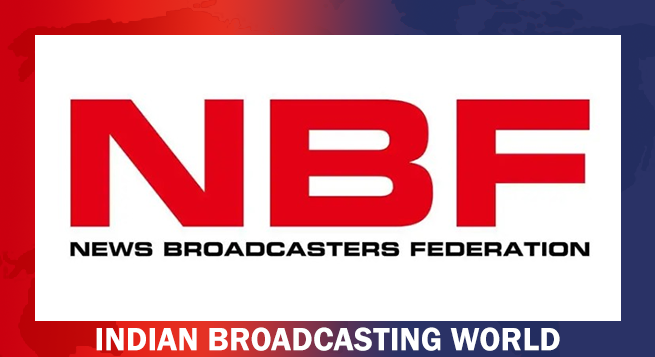 NBF issues another advisory to member TV news channels
NBF issues another advisory to member TV news channels  Govt directs OTT platforms to stop airing Pak content
Govt directs OTT platforms to stop airing Pak content 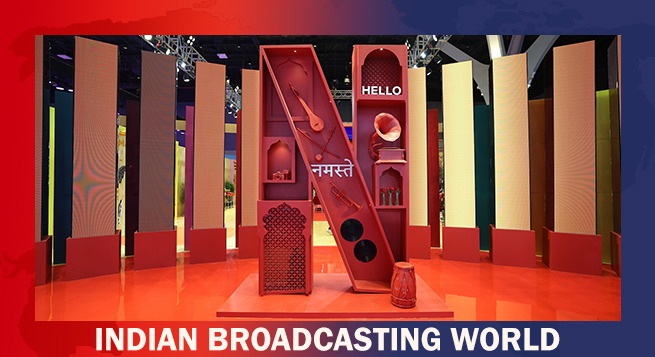 Netflix to have AI-powered iOS search in TV app revamp
Netflix to have AI-powered iOS search in TV app revamp  India sets up panel to review copyrights laws, AI disputes
India sets up panel to review copyrights laws, AI disputes 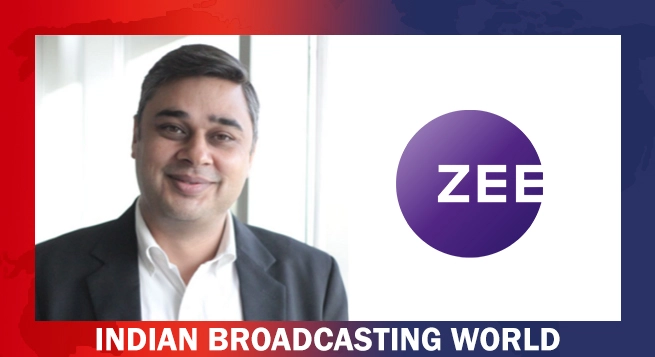 ZEEL appoints Rohit Suri as Chief Human Resource Officer
ZEEL appoints Rohit Suri as Chief Human Resource Officer 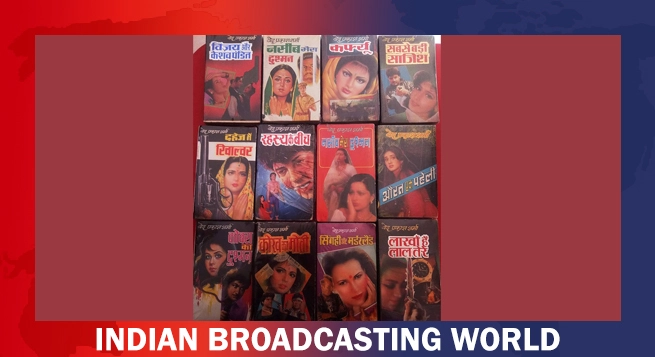 Ved Prakash Sharma’s bestselling novels to get film adaptations
Ved Prakash Sharma’s bestselling novels to get film adaptations 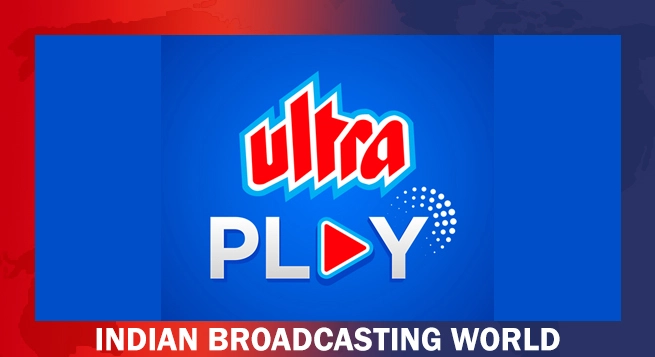 Ultra Play celebrates iconic Bollywood mothers with content lineup
Ultra Play celebrates iconic Bollywood mothers with content lineup 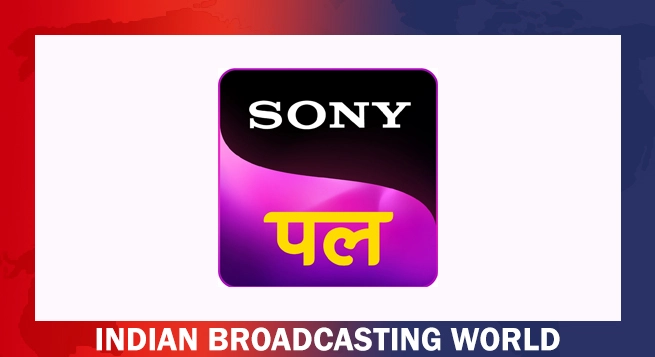 Sony PAL records 15.6% weekly reach in Week 17: BARC Report
Sony PAL records 15.6% weekly reach in Week 17: BARC Report 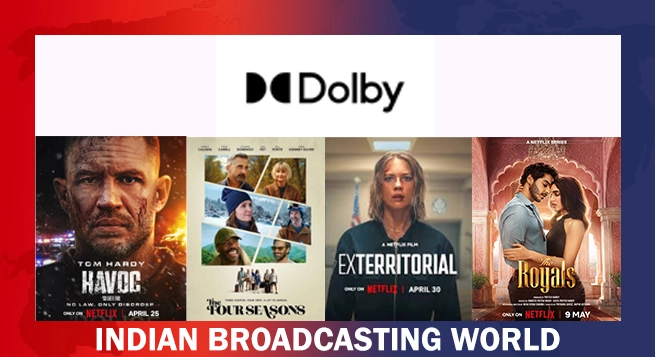 Dolby announces Mother’s Day special content lineup
Dolby announces Mother’s Day special content lineup 


